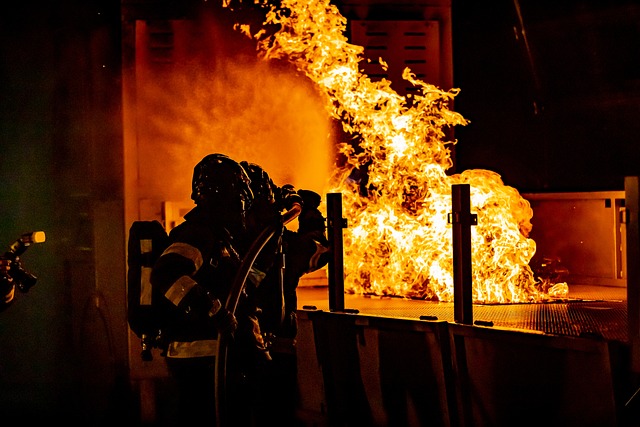Real estate investors play a crucial role in California's housing market post-natural disasters like wildfires, identifying undervalued properties such as fire-damaged homes. Motivated by high returns, they repair and revitalize these areas, contributing to community revitalization and providing affordable housing options while boosting local economies and investor portfolios through successful sales of fire-damaged houses in California.
“Real estate investors play a pivotal role in shaping California’s dynamic market, particularly when it comes to navigating the unique challenges of selling fire-damaged properties. This article explores the motivations and strategies of these investors while addressing crucial questions like, ‘Can you sell a fire damaged house in California?’ We delve into legal considerations, financial insights, and successful case studies, offering a comprehensive guide for both investors and homeowners seeking to navigate this complex landscape.”
Understanding Real Estate Investors: Their Role and Motivation

Real estate investors play a pivotal role in shaping California’s housing market, especially when it comes to properties that require renovation, like fire-damaged homes. These investors are motivated by the potential for significant returns on their investments, often seeing beyond the immediate state of a property to its untapped value. Their primary goal is to identify undervalued or distressed assets, such as homes damaged by fires, and transform them into profitable opportunities.
In California, where real estate trends can vary widely across regions, these investors are essential in facilitating the recovery process after natural disasters like wildfires. They contribute to community revitalization by investing in repairing and revitalizing fire-damaged houses, which can then be sold at a profit while also providing affordable housing options for buyers seeking opportunities in affected areas.
Real estate investors play a vital role in California’s housing market, especially when it comes to purchasing and rehabilitating fire-damaged properties. Their motivation lies in the potential for profit and community revitalization. By investing in these unique assets, they can contribute to the local economy and provide opportunities for homeownership or rental housing, ensuring that communities affected by fires have a path to recovery. So, whether you’re a homeowner facing a fire damage sale or an investor looking to buy and rebuild, understanding this dynamic is key to navigating the process successfully.






